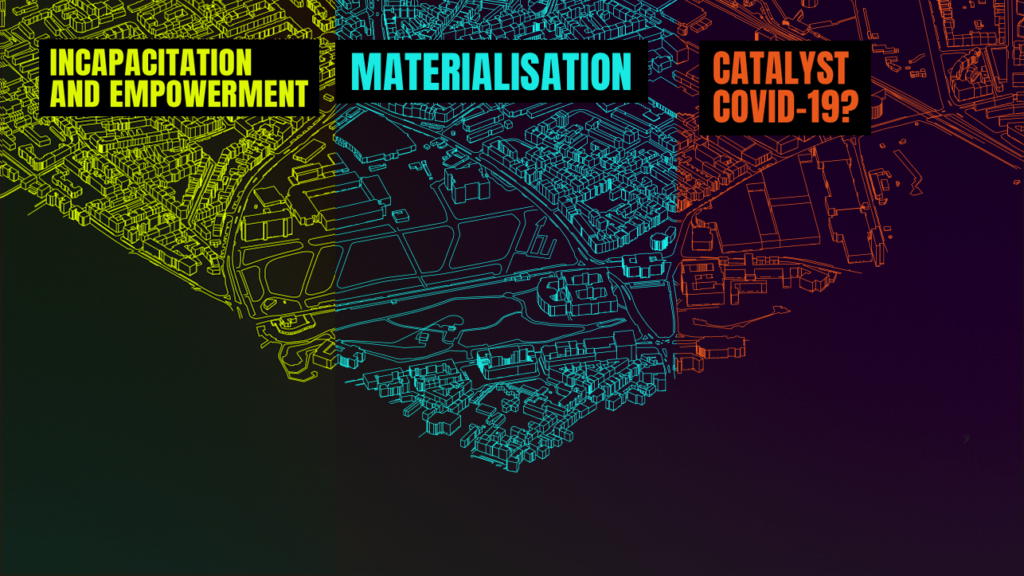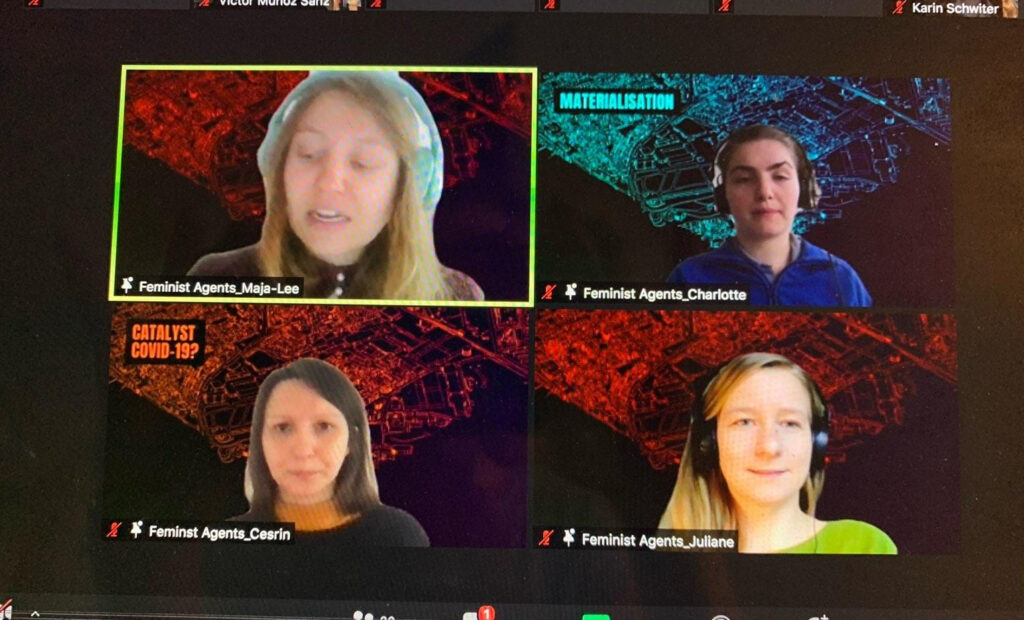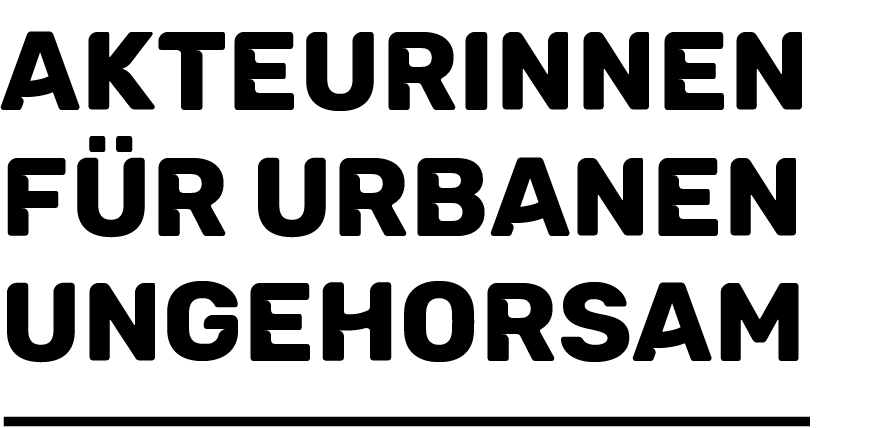Invisibly, urban space has increasingly been infused with digital infrastructures, built upon algorithmic app architectures, shaped by information systems and data distributions not everybody has access to. One of these city-making platforms in Germany is the food delivery service Lieferando. Embodied by its riders it visibly occupies the streets, influencing our everyday cityscape through bright orange uniforms, a mass of moving advertisement columns. What stays invisible, however, is the information infrastructure behind it, delivering app-generated user data and behavioral profiles which are not only used to make profitable predictions, but which purely serve surveillance capitalist and information elitist few. This information asymmetry – upheld by the ‘reign’ of the Lieferando algorithm which structures gig work processes, but also our ‘taste’ of the city – literally ‘cycles’ around the consumer’s awareness: it is continuously trying to digitally delegate and (re-)produce urbanity in a profit-oriented way, eliminating social urban spaces of encounter, exchange, and participation. The paper presentation, based on a six-month-long ethnographic research on in_visibilities of gig work as a new urban infrastructure, discusses how invisible information inequalities and ‘data wealth’ is monopolized and materialized in the city. How does it influence urban everyday life and our perception of urbanity? In which way do delivery services symbolize the capitalization of urban space (production)? Although Lieferando’s mechanisms of invisibility seem to mask the true purpose of its infrastructure, moments of visible crisis unveil resistive potential. Repurposing the invisibility of digitality for their own cause, rider coalitions build similar information infrastructures, exchanging practices of resistance, and knowledge to overcome ‘algocracy’. Additionally, their protesting bodies on the streets create a counter-visibility, revealing a system that neither cares for their workers, nor their city. We argue that thus, they call on us urbanists to question digital in_visibilities, data-privileges, and information-architectures in a city of concrete, code, and content.


Vorgeschlagene Zitierweise:
Feminist Agents of Urban Disobedience (2021): Processed Food on the Urban Data Highway. Food Delivery Services as In_visible Infrastructure in the Production of Urbanity. Paper Presentation at the Online Symposium Platform Urbanism. Towards a technocapitalist transformation of European cities? Graz.
Credits:
Akteurinnen für urbanen Ungehorsam
